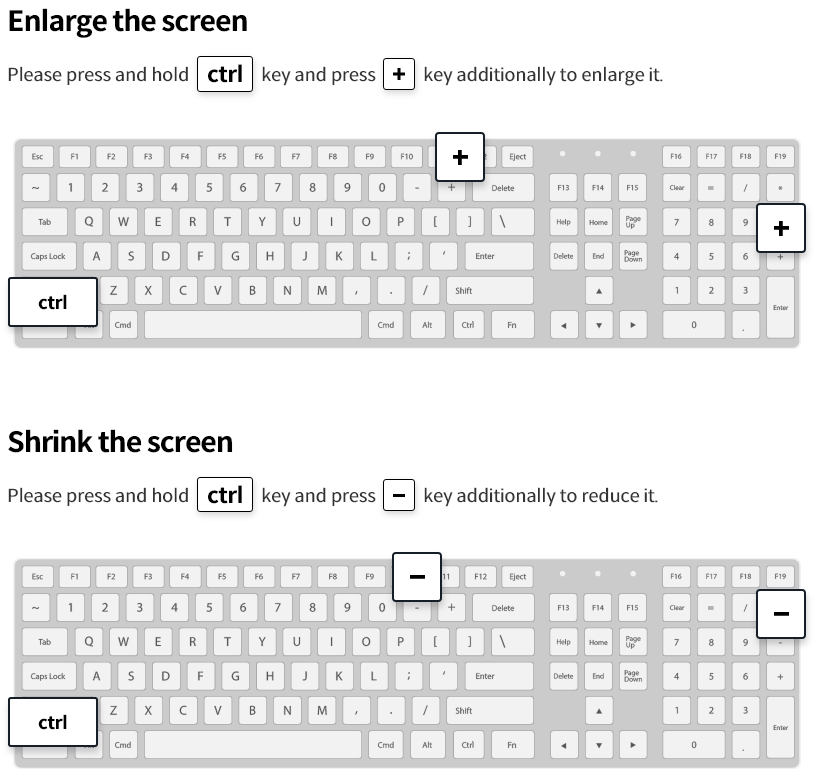The Export-Import Bank of Korea (www.koreaexim.go.kr, Chairman Kim Yong-hwan, “Korea Eximbank”) inked financial cooperation pacts with two major financial institutions in India.
Korea Eximbank announced on January 16 that the Bank signed a Memorandum of Understanding (MOU) with India’s India Infrastructure Finance Company Limited (IIFCL)* regarding cooperation on infrastructure projects.
* IIFCL: a state-owned financial institution specializing in infrastructure finance, established in 2006 by the Government of India to support PPP projects in the road, railway, power, and other infrastructure sectors.
Korea Eximbank Chairman Kim Yong-hwan, who visited India as a member of President Park Geun-hye-‘s economic mission, met with IIFCL Chairman and Managing Director S. B. Nayar and signed the MOU.
As part of its 12th Five-Year Economic Development Plan beginning in 2012, India is pursuing USD 1 trillion worth of infrastructure projects including roads, power plants, and telecommunication networks.
The MOU between the two institutions will facilitate information sharing and co-financing regarding Indian infrastructure projects, and is likely to bolster opportunities for Korean companies to participate in such projects.
Previously in April 2008, Korea Eximbank and IIFCL had successfully co-financed the USD 4.26 billion Mundra Coal-fired Power Plant Project.
Chairman Kim observed, “Today we have laid the foundation for the entry of Korean companies into the Indian infrastructure market by establishing a long-term relationship with IIFCL. We have also agreed to work toward establishing a credit line between the two institutions, which would place Korean companies in an even more favorable position to win contracts in India.”
On the same day, Chairman Kim met with State Bank of India (SBI)* Managing Director P. Pradeep Kumar and signed a USD 200 million Interbank Export Loan** Agreement.
*SBI: An Indian state-owned bank established in 1921, ranked No. 1 in India and No. 61 internationally, and the only Indian bank featured in the list of Top 1000 Banks in the world by ‘The Banker’; Has 14,388 domestic and 178 overseas branches and offers commercial banking services as well as financing for medium- and long-term governmental projects.
** The Interbank Export Loan is a type of credit line extended by Korea Eximbank to foreign banks, under which the latter can lend money borrowed from the former to local companies importing goods from Korea.
The main thrust of the agreement signed between the two institutions is to allow for the extension of USD 200 million in financing to Indian companies importing goods or services from Korea.
Given SBI’s diversified portfolio of financial products andborrowers, the Interbank Export Loan with SBI promises to help boost Korean exports in sectors other than automobiles, steel, and synthetic resin, where Korean brands have been traditionally strong.
At the signing ceremony, Chairman Kim remarked, “This Interbank Export Loan Agreement will give Korean companies greatly expanded access to India’s markets and government-sponsored projects. We will make the utmost use of it to provide full and effective financing to Korean companies looking to do business in this country.”
India is Korea’s ninth-largest export market.
The amount of trade between the two countries stood at just USD 2.6 billion in 2002, but surged to USD 18.8 billion by 2012, growing more than sevenfold in ten years.


